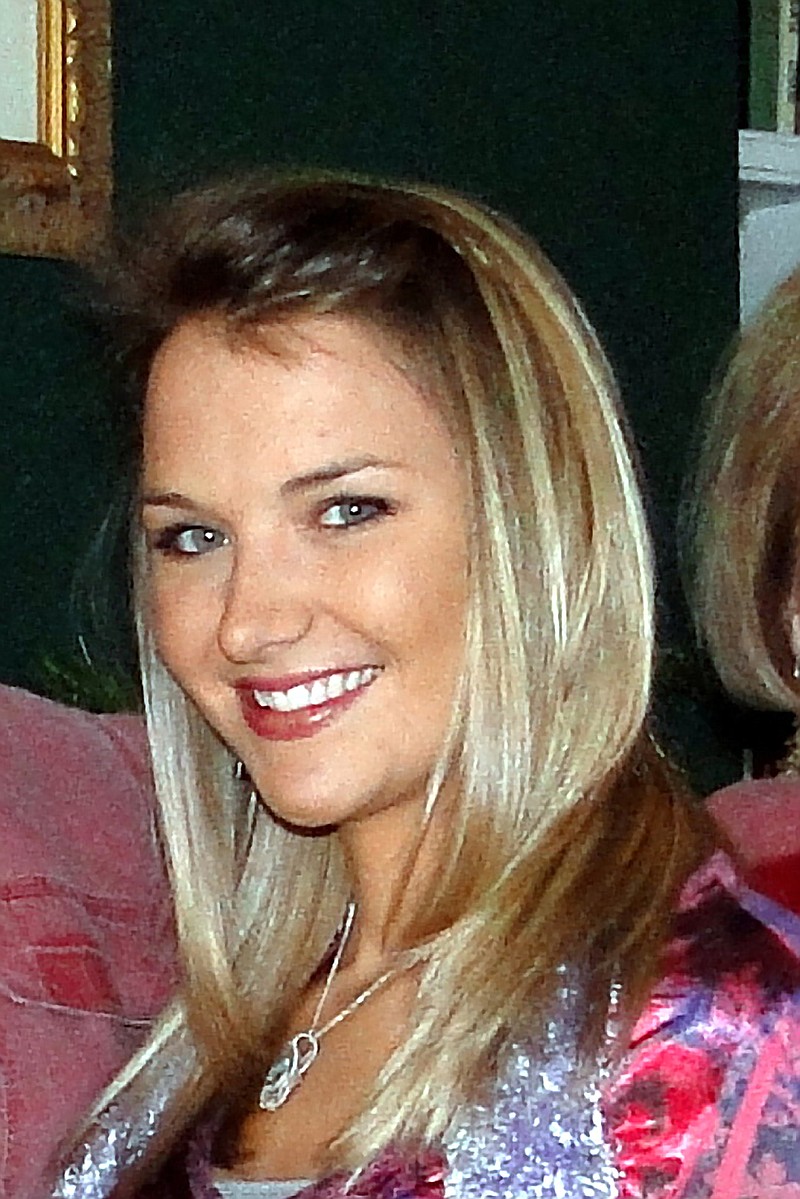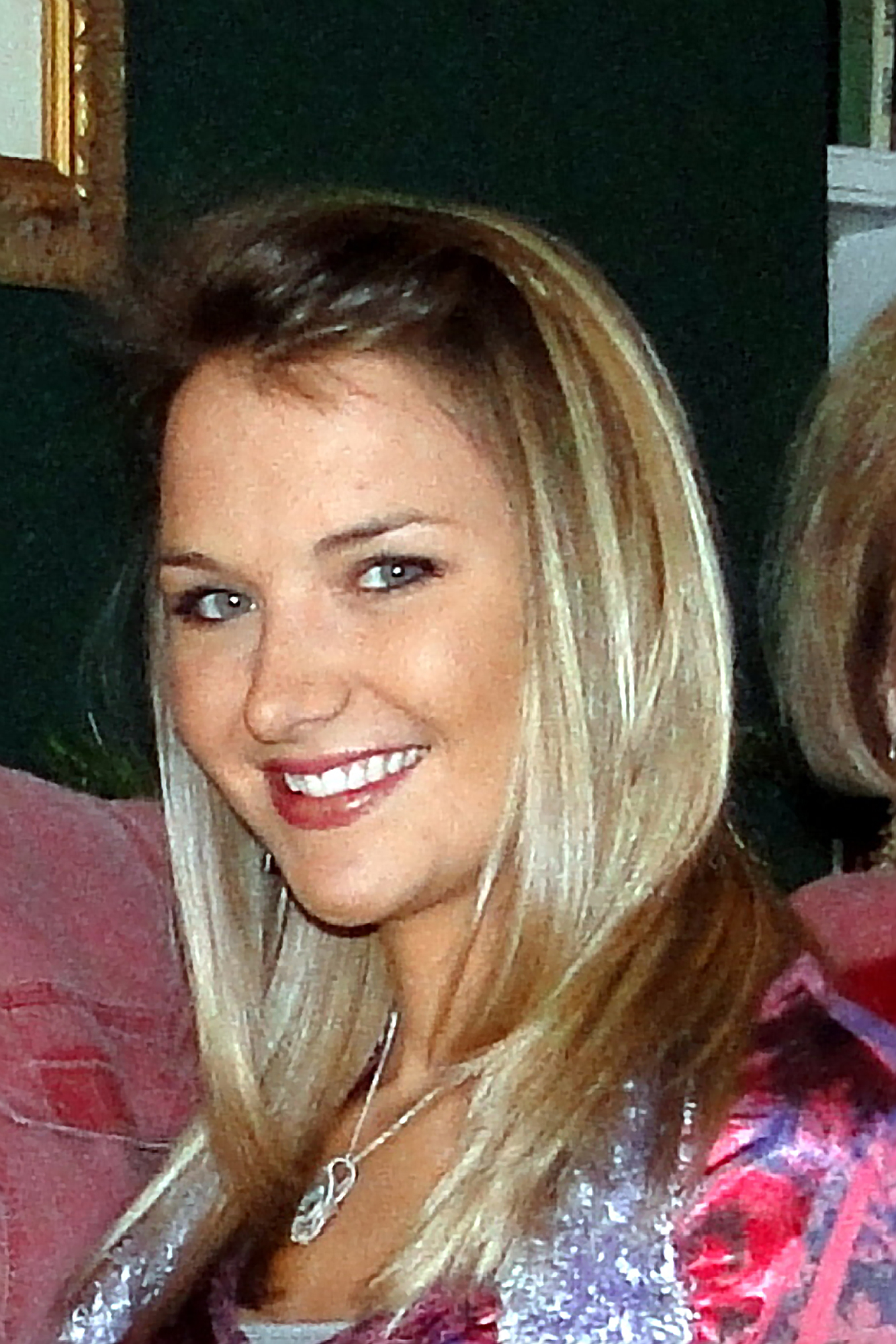RUSS BYNUM
SAVANNAH, Ga. (AP) - A Georgia woman diagnosed with a rare, flesh-eating disease will soon leave the hospital where doctors gave her little chance of surviving when she was admitted nearly two months ago, her father said Tuesday.
Doctors plan to discharge 24-year-old Aimee Copeland on Monday. Instead of going home, she'll move to an inpatient rehabilitation clinic and spend the next several weeks learning to move herself with the aid of a wheelchair after having her left leg, right foot and both hands amputated.
"She's real excited about leaving," Copeland's father, Andy Copeland, told The Associated Press on Tuesday. "She just wants a change of venue."
Copeland was diagnosed with the rare infection, called necrotizing fasciitis. It came after she suffered a deep cut May 1 by falling from a broken zip-line along the Tallapoosa River. The bacterial infection emits toxins that cut off blood flow to parts of the body. It can destroy muscle, fat and skin tissue.
Copeland's speedy recovery has defied doctors' initial prognosis. Her father says they at first gave her just a slim chance of surviving. She spent weeks sedated and breathing on a respirator while undergoing amputations and skin grafts to replace large patches of infected skin.
On Monday, hospital officials said Copeland's condition was upgraded to from serious to good. Over the weekend, her parents were able to take her outside the hospital's doors in her wheelchair - her first time outdoors since arriving in May.
"To say she was elated is a massive understatement," Andy Copeland said. "It was a difficult thing for her to conjure up the energy to actually go outside, but it did her more good than harm."
Copeland's father declined to say where she will receive her rehabilitation treatment. First, he said, she will spend about two months learning to move just use her amputated limbs - as in shifting from her bed to her wheelchair.
After that, Copeland will move on to another round of therapy in which she'll learn to use prosthetic limbs. Meanwhile, Copeland hopes to use any spare time to work on her graduate thesis in psychology. Her father said her goal is to graduate from the University of West Georgia in December.
"She is very ambitious with her plan right now," Andy Copeland said. "She said, 'You know, I want to have that done and I want to be able to walk in December.' She meant walk across the stage in prosthetic limbs and get her master's degree. I don't know when she's going to find time to work on her thesis. But she's going to work it out."

